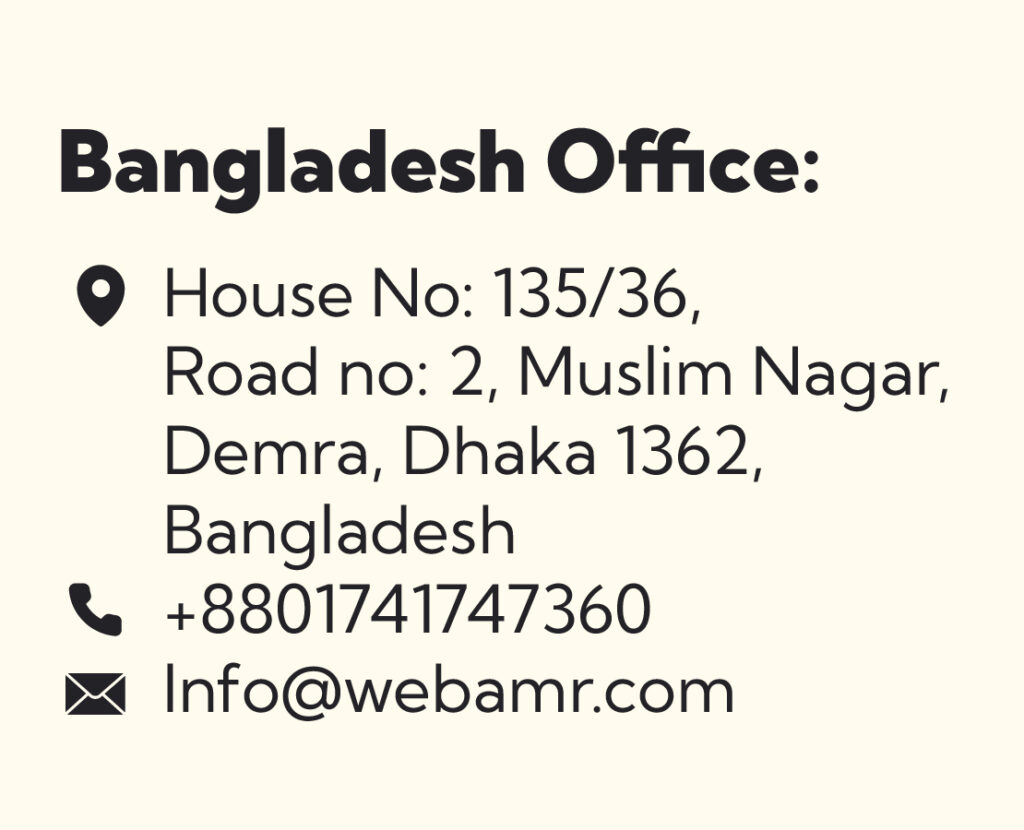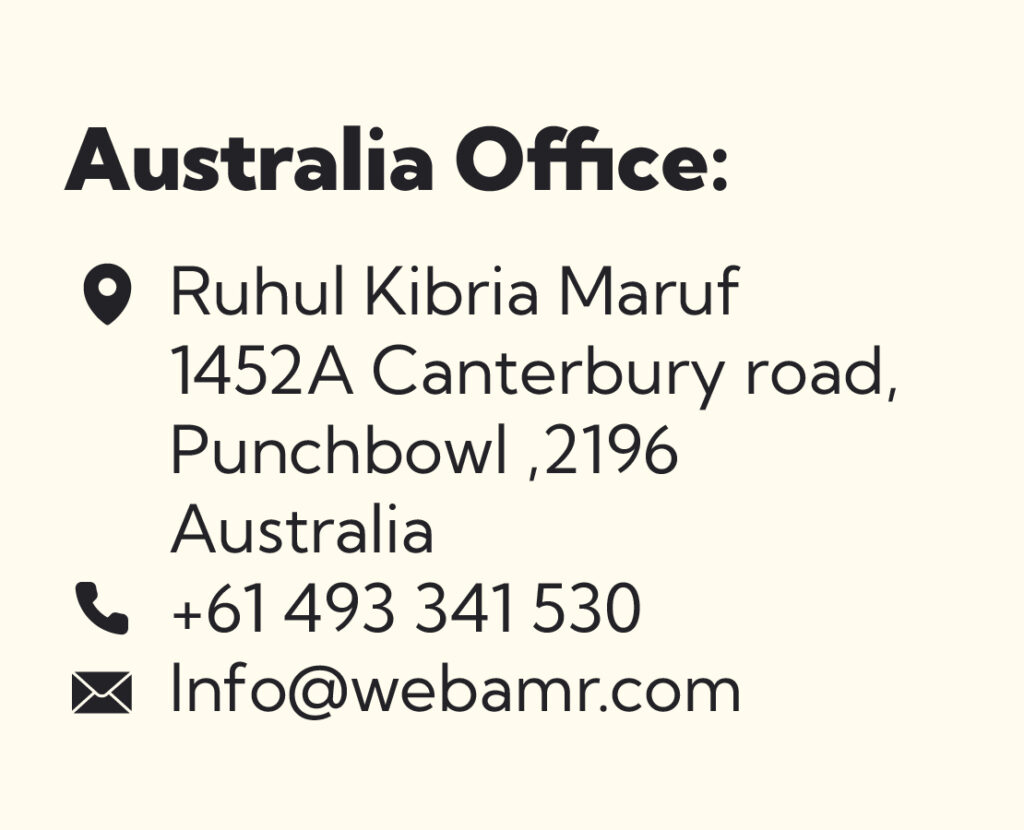Get your website audit done in 24 hours.
Don’t let your website’s issues hurt your online success. Contact us today and get a comprehensive and actionable website audit report.

What is a website audit?

A website audit is a comprehensive examination of your website’s performance, just like a health check-up for your digital presence. It involves analyzing various aspects of your site to identify areas for improvement and ultimately boost its effectiveness.
Think of it as a deep dive into the inner workings of your website, exploring its technical health, user experience, search engine optimization (SEO), and overall functionality. The goal is to uncover any roadblocks that might be hindering your website’s success and provide actionable insights to optimize its performance.
Why we should audit any website?
Auditing your website is like giving it a thorough checkup, identifying hidden issues and areas for improvement. Just like you wouldn’t go years without checking your car’s engine or ignoring a persistent cough, regular website audits are crucial for keeping your online presence healthy and effective. Here are some key reasons why you should audit your website:
Boost Performance and User Experience:
- Speed: Identify slow loading pages and bottlenecks, leading to quicker site speed and increased user engagement.
- Usability: Ensure easy navigation, intuitive layout, and accessibility for all users, enhancing site usability and satisfaction.
- Mobile-friendliness: Check compatibility with various devices and optimize for mobile viewing, reaching a broader audience.
Enhance Search Engine Optimization (SEO):
- Content: Find and fix broken links, outdated content, and missing meta descriptions, improving search engine ranking.
- Keywords: Analyze keyword usage and identify opportunities to target relevant keywords, attracting more organic traffic.
- Technical SEO: Identify technical issues like broken code or improper sitemap structure, making the website more crawlable and visible to search engines.
Strengthen Security and Data Protection:
- Vulnerability assessment: Identify potential security weaknesses and malware threats, safeguarding user data and website integrity.
- Compliance checks: Ensure adherence to data privacy regulations, building trust and avoiding legal liabilities.
- Backups and redundancy: Verify backup systems and disaster recovery plans are in place, protecting against data loss or website outages.
Increase Conversions and Lead Generation:
- Call to action optimization: Analyze the effectiveness of CTA buttons and landing pages, improving conversion rates for desired actions.
- Analytics tracking: Ensure proper tracking of user behavior and conversion metrics, guiding future website optimization efforts.
- Content relevance: Assess content alignment with target audience and business goals, attracting qualified leads and boosting conversions.
Overall, website audits provide valuable insights into your online presence, highlighting strengths, weaknesses, and areas for improvement. By acting on these insights, you can:
- Attract more visitors and users
- Convert visitors into customers or leads
- Build trust and brand reputation
- Protect your website and user data
- Stay ahead of industry trends and competition
The frequency of website audits depends on your website’s size, complexity, and update frequency. Generally, an annual audit is recommended for small websites, while larger and more dynamic websites might benefit from bi-annual or even quarterly audits.
Remember, neglecting your website is like ignoring a potential goldmine. Proactive auditing helps you unlock its full potential and achieve your online goals.

Why website audit is necessary in SEO?

1. Diagnose Issues: Just like a car needs a checkup, your website needs an audit to uncover any problems affecting its SEO performance. These could be technical issues like broken links, slow loading times, or mobile-friendliness problems. Content might be lacking in quality, relevance, or strategic keyword targeting. Audits reveal these blind spots, allowing you to address them and improve your website’s health.
2. Improve Rankings: By fixing identified issues, you directly tackle factors that search engines like Google consider when ranking websites. Addressing technical hiccups, optimizing content, and building a strong backlink profile all contribute to climbing the search engine ladder and gaining more organic traffic.
3. Stay Ahead of the Curve: Search engine algorithms constantly evolve, and SEO best practices adapt accordingly. Regular audits ensure you’re aware of these changes and can adjust your website’s optimization strategy to stay relevant and compliant with the latest guidelines.
4. Identify Opportunities: Audits aren’t just about solving problems; they reveal hidden potential too. You might discover untapped keywords, content gaps you can fill, or underperforming pages that could be revamped for better results. This opens doors for further optimizing your website and expanding its reach.
5. Measure Progress: Tracking your website’s performance over time is crucial for understanding the effectiveness of your SEO efforts. Audits provide a baseline and benchmarks, allowing you to measure improvements after implementing your action plan. This data-driven approach helps you refine your strategy and make informed decisions moving forward.
Overall, a website audit is like a roadmap for your SEO journey. It identifies your starting point, highlights potential obstacles, and points you towards the path of maximum visibility and organic success. Whether you’re just starting out or looking to refine your existing strategy, a regular audit is a valuable investment for keeping your website competitive and achieving your SEO goals.
How do I audit my website for SEO?
Auditing your website for SEO is crucial to ensuring it’s optimized for search engines and attracting organic traffic. Here’s a breakdown of the process:
1. Crawl your website: Use tools like Google Search Console, Ahrefs Site Audit, or Semrush Site Audit to scan your website and identify technical issues, broken links, missing content, and other potential SEO roadblocks.
2. Check technical SEO: Analyze website speed, mobile-friendliness, structured data, robots.txt file, and sitemap. Use tools like Google PageSpeed Insights and Mobile-Friendly Test to assess speed and mobile performance.
3. Analyze on-page SEO: Review titles, meta descriptions, headings, keyword usage, and content quality. Ensure titles are concise and descriptive, meta descriptions include relevant keywords, and content is optimized for both humans and search engines.
4. Evaluate backlinks: Backlinks are crucial for authority and ranking. Use tools like Ahrefs or Semrush to analyze your backlink profile, identify broken links, and find opportunities for link building.
5. Monitor organic traffic: Track your website’s organic traffic in Google Analytics to see how your SEO efforts are impacting visibility and conversions. Analyze top-performing keywords and identify areas for improvement.
Here are some additional tips:
- Set a goal: What do you want to achieve with your SEO audit? Identify specific KPIs like increased organic traffic, higher rankings for key terms, or improved website conversion rates.
- Use checklists: Several free and paid checklists are available online to guide you through the SEO audit process.
- Prioritize issues: Focus on fixing the most critical errors first, such as broken links and mobile-friendliness issues.
- Document your findings: Keep a record of the issues you find and the actions you take to fix them.
- Seek help: If you’re not comfortable with technical SEO, consider hiring an SEO professional or agency for assistance.
Remember, auditing is an ongoing process. Continue monitoring your website’s performance and adjust your SEO strategy as needed to maintain optimal results.

What is the difference between SEO audit and website audit?
The terms “SEO audit” and “website audit” are often used interchangeably, and some overlap certainly exists between them. However, there are some key differences to be aware of:

SEO Audit:
- Focuses specifically on how well your website is optimized for search engines.
- Examines elements like site structure, on-page content, titles and meta descriptions, keyword usage, links, and technical SEO aspects like site speed and mobile-friendliness.
- Aims to identify issues that prevent your website from ranking well in search results and to uncover opportunities for improvement.
- The goal is to increase organic traffic and visibility in search engines like Google.
Website Audit:
- Takes a broader view of your website and its overall health and performance.
- Considers factors beyond just SEO, such as user experience, usability, accessibility, design, functionality, and conversion rates.
- May delve into aspects like website analytics, user interface elements, content quality and engagement, and website security.
- Aims to improve the overall experience for users and to optimize the website for its intended purpose, which may or may not include ranking well in search engines.
Here’s a table summarizing the key differences:
| Feature | SEO Audit | Website Audit |
|---|---|---|
| Focus | Search engine optimization | Overall website health and performance |
| Elements examined | Technical SEO, on-page content, keywords, links | User experience, usability, accessibility, design, functionality, conversions |
| Goal | Improve search engine ranking and organic traffic | Improve user experience, website performance, and conversions |
| Scope | Narrower – focused on SEO factors | Broader – holistic view of the website |
In short:
- An SEO audit is like giving your website a checkup for search engine visibility.
- A website audit is like giving your website a complete physical and mental health check.
Ultimately, the type of audit you need depends on your specific goals and priorities. If you’re primarily concerned about SEO, then an SEO audit is a good starting point. But if you want a more comprehensive picture of your website’s health and performance, a website audit would be a better choice.
Why Choose Us for Your Website Audit?
A website audit is a comprehensive analysis of your website’s performance, usability, security, and SEO. It helps you identify and fix any issues that may be affecting your online presence, traffic, and conversions.
But not all website audits are created equal. Some are too superficial, too technical, or too expensive. That’s why you need a website audit service that is reliable, affordable, and effective.
- We use the best tools and methods to crawl and analyze your website, such as Ahrefs SEOptimer, and [Google Analytics].
- We provide you with a detailed and easy-to-understand report that covers all aspects of your website, such as performance, usability, security, and SEO.
- We highlight the most critical and urgent issues that need your attention, and provide you with actionable recommendations on how to fix them.
- We also show you the opportunities and potential improvements that can boost your website’s performance and ranking.
- We offer a free consultation and a 30-day money-back guarantee, so you can try our service risk-free.
- We have a team of experienced and qualified website auditors who can answer your questions and guide you through the process.
- We have a flexible and transparent pricing model that fits any budget and project size.
- With our website audit service, you can get a complete and accurate picture of your website’s health and performance, and discover the best ways to optimize it for your online success.
- Don’t let your website’s issues go unnoticed and unresolved. Contact us today and get your website audit done in 24 hours. We look forward to working with you and helping you grow your online business



